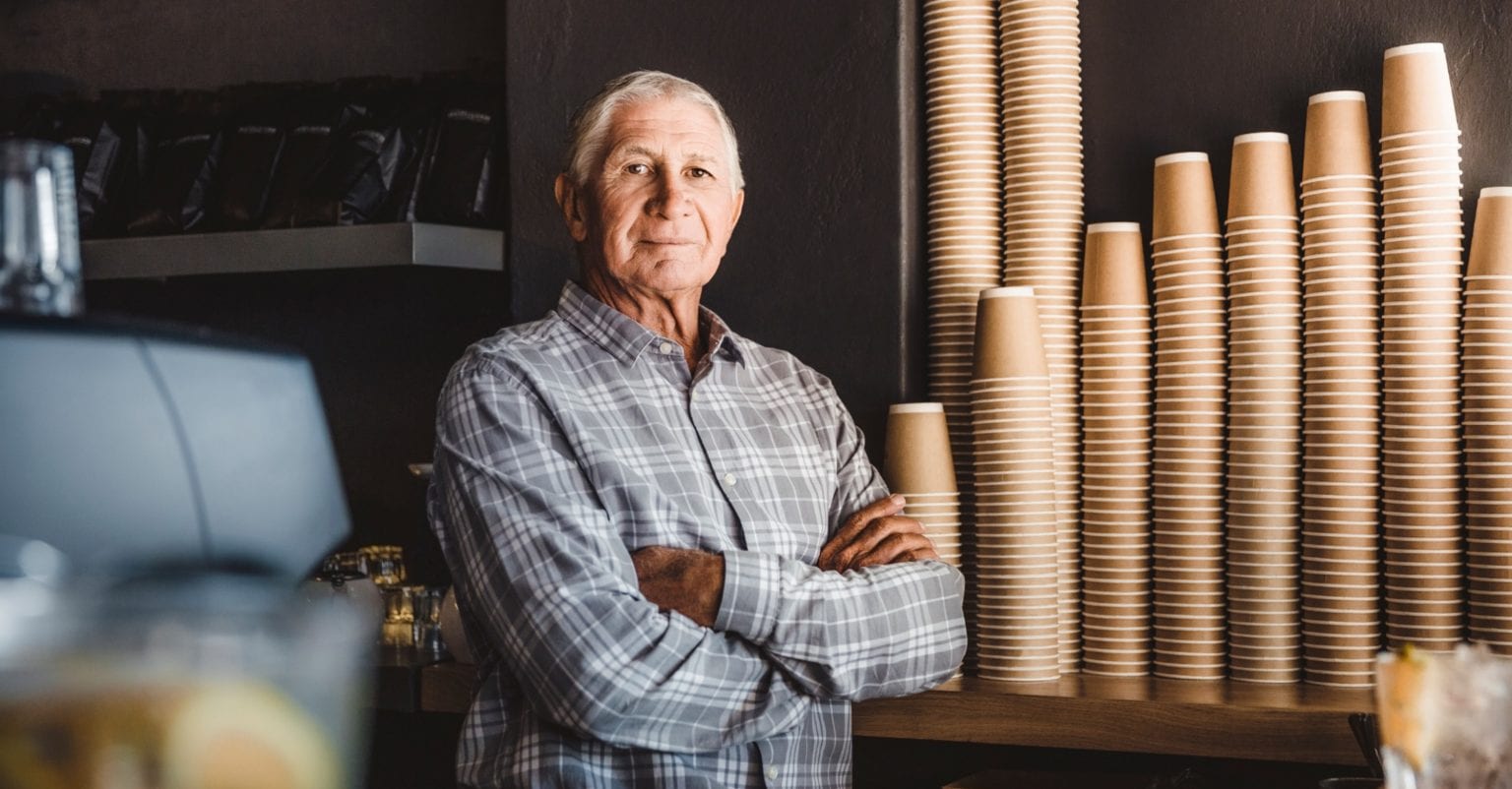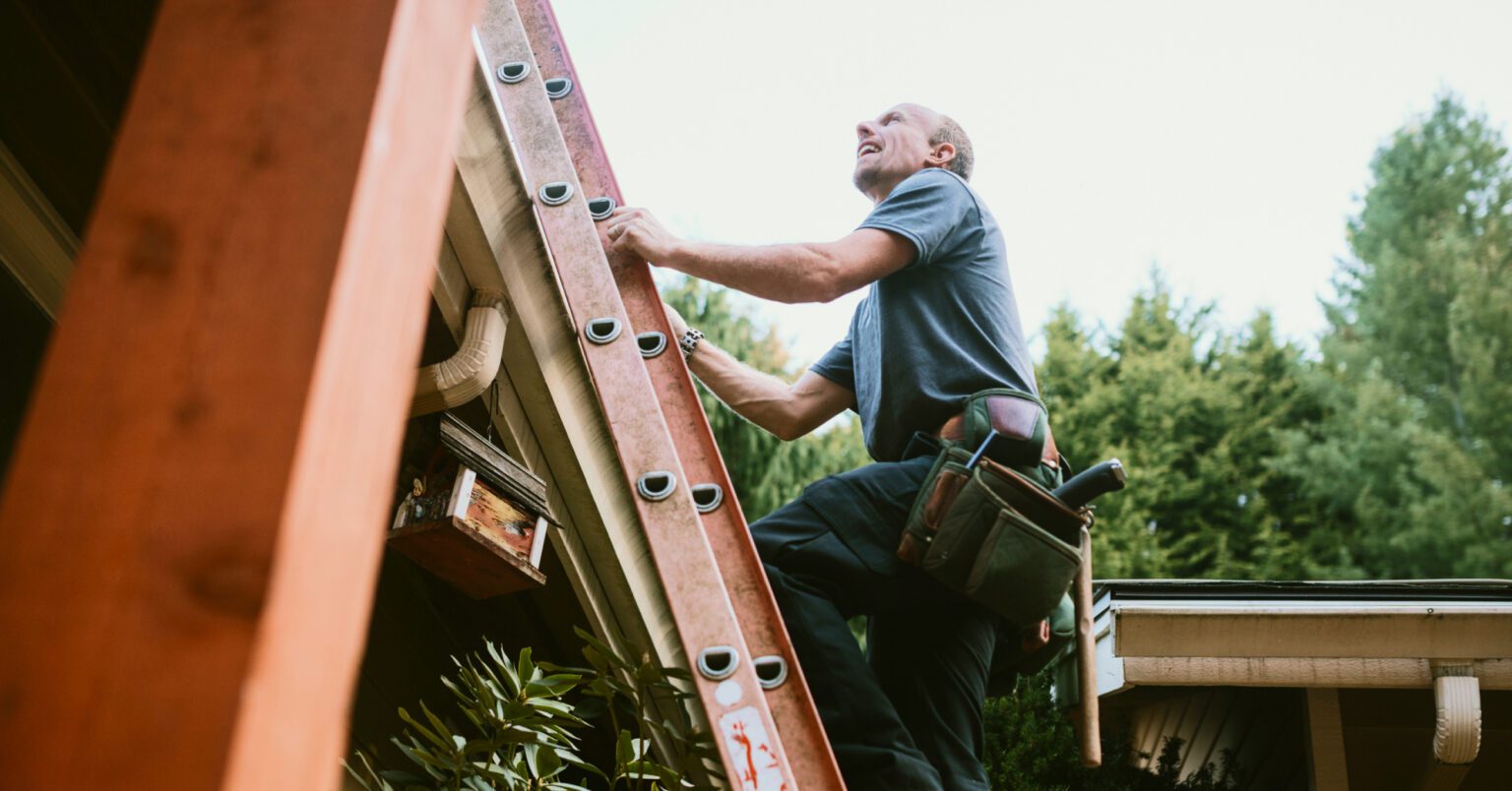While 2020 has thrown many curve balls, some small business owners have dodged similar crises before. They share the lessons learnt from previous financial crises that helped them navigate the pandemic.
At a glance
Here's a snapshot of the advice from our interviewees:
- Always have an up-to-date client contact list, so you can communicate promptly.
- Ensure you've got a cash flow safety net.
- Be good to your customers – you’ll need their loyalty on the other side.
- Don’t stop telling your business’s story.
COVID-19 caught many Aussie small business owners off-guard. Disruptions to production, new business and cash flow meant businesses had to get creative and think on their feet.
The 2007-2008 global financial crisis (GFC) saw similar economic impact that forced many local small businesses to rethink their business strategies. This ingenuity and resilience helped many businesses bounce back stronger than ever.
We asked three Aussies who’ve owned businesses throughout both the GFC and COVID-19 pandemic to share their best lessons for bouncing back from a crisis.
Think fast, pivot faster
Tom Adam is the founder of Canberra Martial Arts & Fitness, but during the GFC he worked as an interior designer for a high-end renovation company on the Gold Coast.
“In 2007, all our work started drying up. People either cancelled jobs or asked for their deposits back. I had to quickly think about new ways to get regular cash flow in.”
Adam’s quick fix, which ended up saving the business, was to target apartment owners who wanted to use the quiet time, due to a lack of tourism, to spruce their places up.
“We were doing the renovations quite cheaply. We cut our margins from about 35% to 15% during the GFC, but we started picking up a lot more work as a result.”
Adam’s GFC experience gave him the power of hindsight when COVID-19 first reared its head back in March. Before things got really serious in Australia, Adam was already kicking into gear.
“We tested and installed TV screens and cameras to put classes online. We moved our members onto an app where they could join the classes online from home. We spent a lot of time getting our ducks in a row in regard to setting up the right technology.”
Another important lesson Adam took from the GFC was the importance of having a contact list of all his clients – he didn’t have that in his last business, but he learned from that mistake.
“As everything was hitting the fan with COVID-19, I was able to jump on the emails and get on the forefront around important communications. I had some clients telling me I was communicating with them better than their own employers!”
Always be prepared to weather a storm
Peter Horsfield was waking up at 2am in a cold sweat during the GFC. As the owner of financial planning business Smart Advice, he was feeling the pressure more than most.
“I was worried all the time. I put on weight, then I lost weight. Then I lost interest in everything and became excruciatingly cynical,” he says.
While that experience was unpleasant, it helped him to be able to see the bigger picture when COVID-19 hit – it didn’t feel like the end of the world.
You want to have an emergency fund in place, says Horsfield – even in the good times, because as 2020 has shown, it can switch to bad times in the blink of an eye.
“You’ve always got to have at least three to six months of business operating expenses ready to go,” Horsfield says. “That’s the number one way to future-proof yourself, with your personal and business finances.”
Always put your customers first in a crisis, he says, you’ll need their loyalty when you’re trying to rebuild.
“Without your clients, you’ve got nothing. Call them up, find out what they want, what they’re concerned about and address what you can.”
Don’t be invisible
Jon Michail’s personal branding business, Image Group International, has been around for 30 years and survived the 1987 financial crash, the GFC and now COVID-19.
“The 1987 crash was a disaster for us. Interest rates were 21% and there was a lot of pressure with people not paying their bills. However, through teamwork we survived it.”
He attributes this partly to his efforts to keep telling his business’s story during the quiet times. He suggests business owners do this during COVID-19 through videos, podcasts or media opportunities.
“That’s part of your differentiation. Instead of just selling a product, you need to promote your business’s story,” says Michail, who also recommends doubling marketing efforts. “How are people going to find out about you if you’re invisible?”
A recent report, AuNZ Advertising Effectiveness Rules: Winning or losing in a recession, backs up Michail’s point. Co-author Peter Field writes, “the knee-jerk responses most businesses make – slash the brand budget and put what’s left into performance marketing – are the opposite of best practice. These destructive behaviours during the GFC left a global legacy of weakness that still persists for many brands today.”
Final tips
Our interviewees share their final tips for safeguarding against future crises:
- Now is the time to upskill, says Michail. “Learn resilience skills, or marketing or writing. Whatever is right for your business.”
- “Have a secondary and tertiary revenue source,” says Adam.
- Horsfield says try to give your customers more value than they’re paying for. This way, they’ll remember you and continue to support you.








